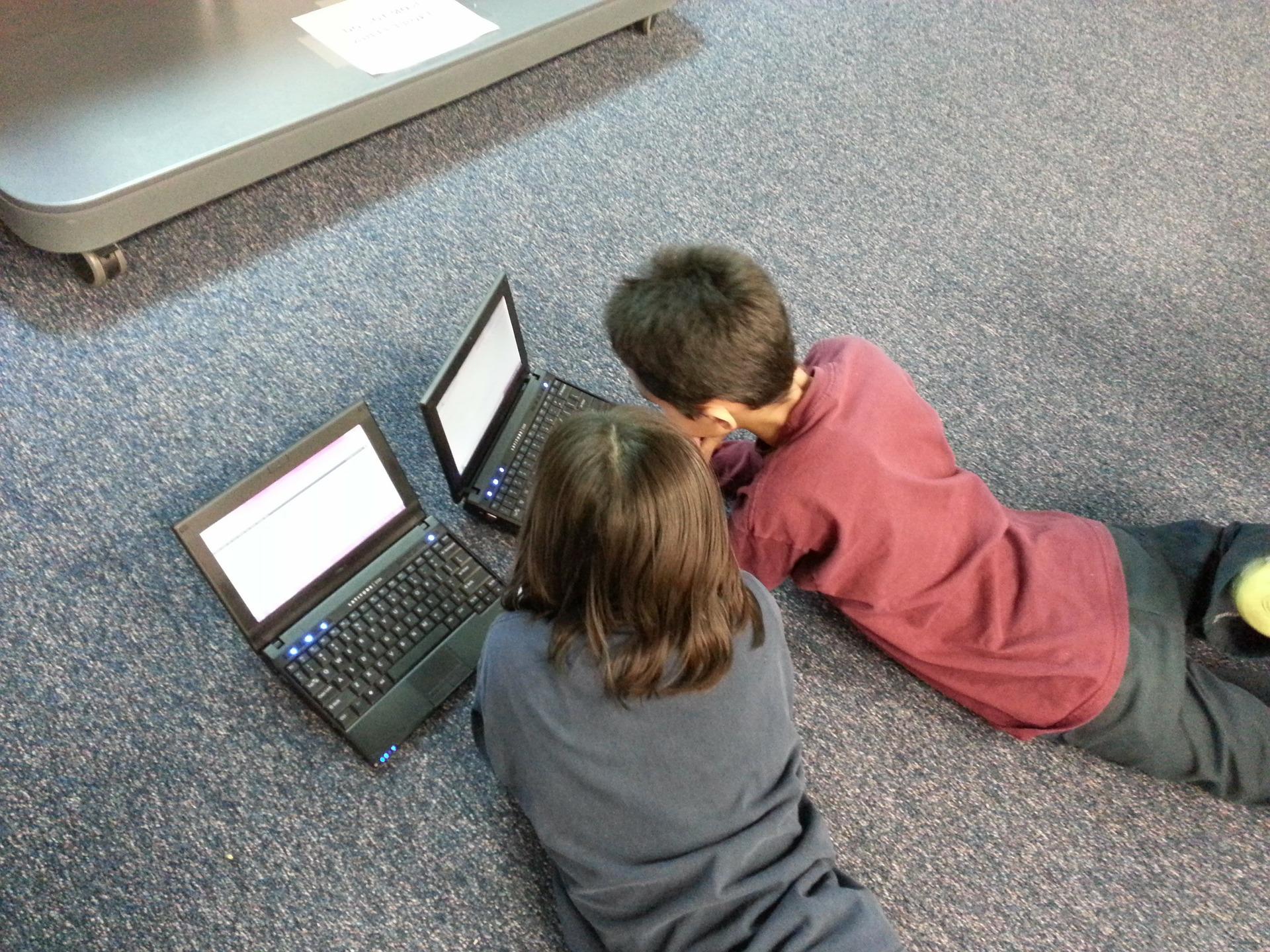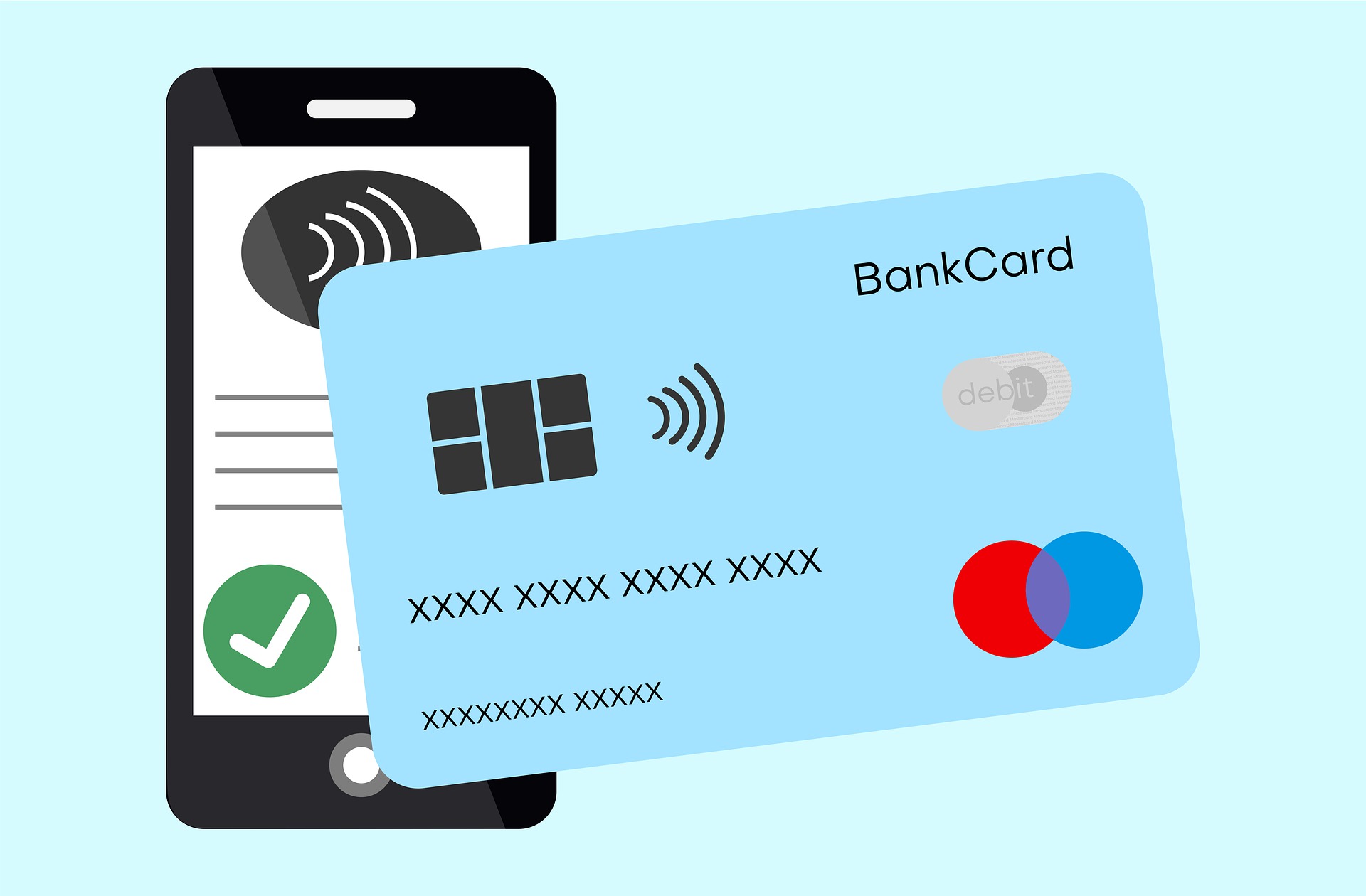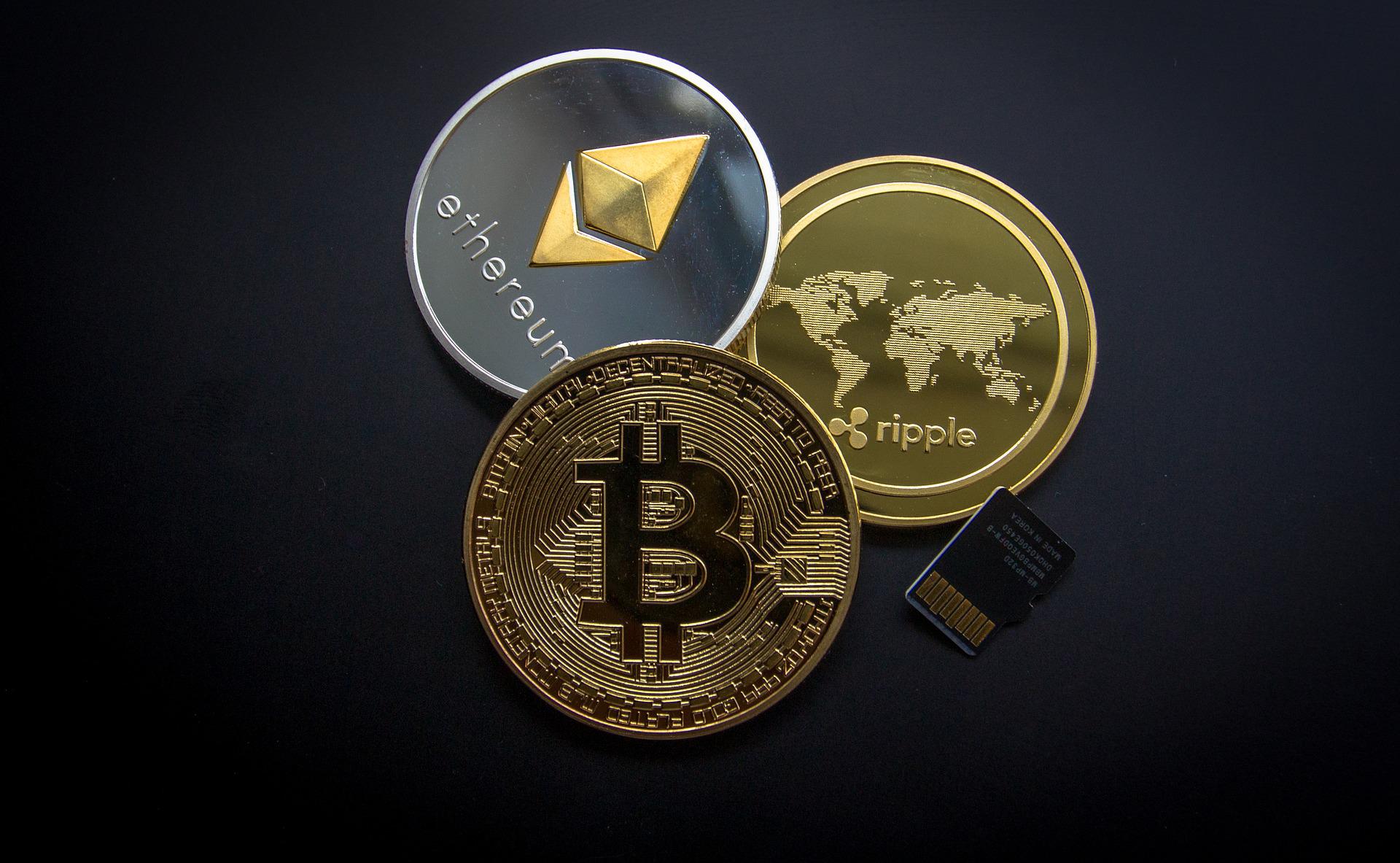In some lighter news from from this week, Link NKY recently reported that the city of Covington in northern Kentucky will not impose a curfew on app-based electric scooters. The scooters, produced primarily by companies Bird and Lime, have become a prominent feature in tri-state metro areas over the past few years.
Blog
Keeping Kids Safe Online

We begin our post today with some grim local news. WCPO reported today that Goshen Local School District's school board president has resigned after video surfaced of him attempting to meet up with an 11-year old girl. You can click the link above to get the details of the story; it wouldn't be responsible for us to belabor it here.
Cryptocurrency Revisited
Contactless Pay in Cincinnati

Mitchell Clark, a news writer for The Verge, reported yesterday that Google was thinking of bringing back their Wallet app on Android smart devices. Wallet apps, like Apple Wallet, allow device users to centralize all of their electronic payment methods (i.e. credit and debit cards) as well as transport passes, merchant rewards programs and even government-issued ID documents onto a single device.
The Big Guns: Pipedream Malware
Cincinnati E-Sports

The Cincinnati Business Courier recently published an article about a new branding effort from local Cincinnati e-sports company Game Day. The article is blocked for non-subscribers, but it describes the inception of Game Day's new brand, Fear Cincinnati, which aims to build the city's first professional e-sports franchise.
Google Business & Marketing

If you've ever looked up a business on Google's main search engine or on Google Maps, you may have encountered this problem: the business's actual operating hours don't correspond to what you found online. Anyone who's been frustrated by this shortcoming in Google's information may be able to rest easy soon.
Event Planning Technology

Get ready for the taco fest! In case you haven't heard, The Real Taco Fest will occur on May 14th in downtown Cincinnati. The festival will showcase some of the area's best, authentic taco restaurants. According to a recent WCPO story, vendors will include such local businesses as "Mazunte, Condado Tacos and Mesa Loca.
Spammers & Scammers & Robocalls, Oh My!

On March 29th, USA Today published a story, which was later reprinted in The Cincinnati Enquirer, about Verizon Wireless customers receiving spam from their own numbers. "Verizon said it is working to block spam texts some customers say they have received from their own numbers," Brett Molina reports.
Emergency Tech

Last week, the National Weather Service confirmed that an EF0 level tornado had touched down in Warren County, Ohio, on March 23. The tornado moved briefly into Clinton County near Clarksville, Ohio, before dissipating. Fortunately, no one was hurt, and property damage only extended to two vehicles and a barn, all of which appeared to be unoccupied at the time of the tornado.



